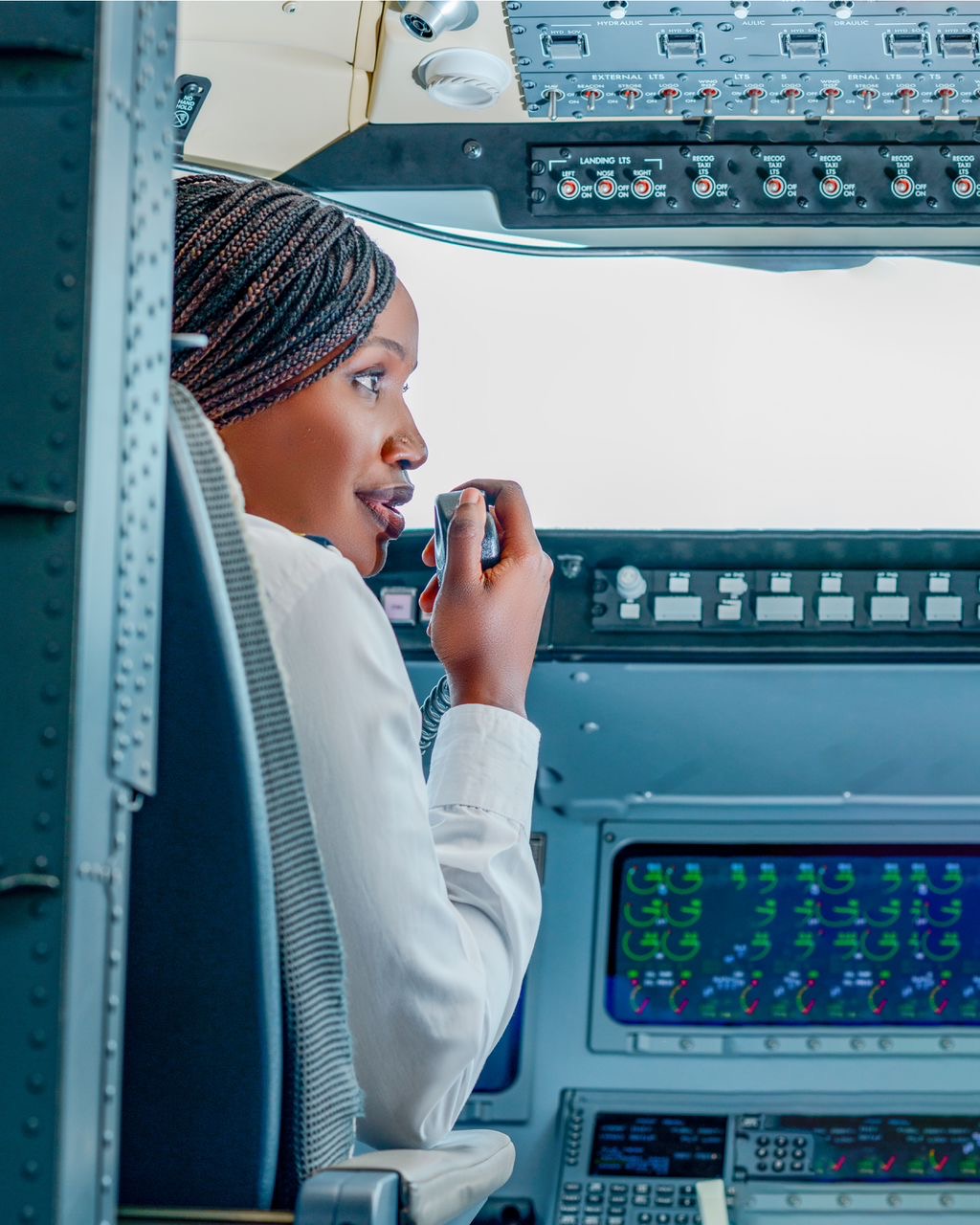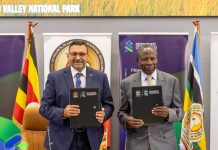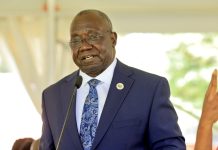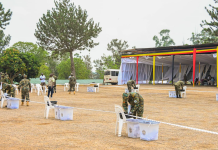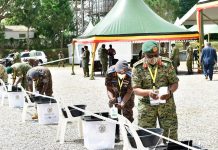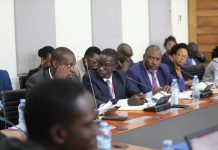By Samuel Ssenono
The International Air Transport Association (IATA) is backing a proposal to raise the mandatory retirement age for airline pilots on multi-pilot international flights from 65 to 67.
The recommendation, set for discussion at the upcoming 42nd Assembly of the International Civil Aviation Organization (ICAO) in Montreal (23 September – 3 October 2025), comes with strict safeguards.
Under the plan, airlines would still be required to roster at least one pilot under 65 in the cockpit, while maintaining the current frequency of medical checks (every six months for pilots over 60). IATA also wants states to adopt a standardized medical oversight system, backed by consistent data on age-related risks, to ensure safety is never compromised.
“This reflects longer and healthier flying careers while keeping the safety net firmly in place,” IATA notes.
The pilot age debate is one of 14 working papers IATA has tabled for ICAO’s consideration. The submissions cut across safety, sustainability and efficiency the three pillars the industry sees as critical for the next phase of global aviation.
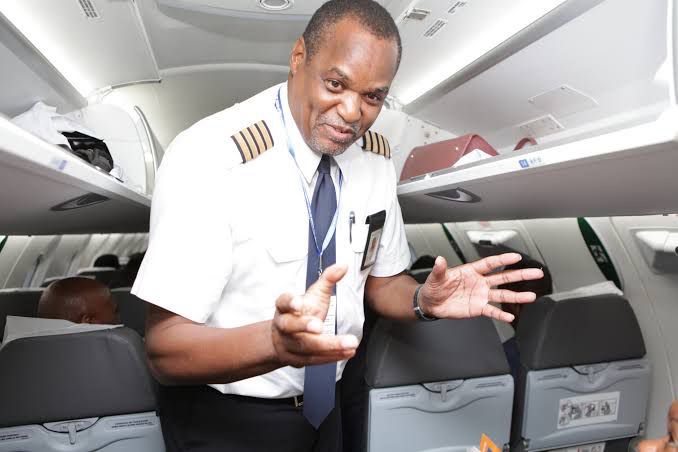
SAF and CORSIA at the center of sustainability
On sustainability, IATA is urging stronger support for Sustainable Aviation Fuel (SAF) production. It warns that mandates without matching production could drive up fuel prices, and calls on states to step up economic incentives for fuel producers. IATA also pressed governments to reaffirm CORSIA the Carbon Offsetting and Reduction Scheme for International Aviation as the sole global market-based measure for aviation emissions, instead of layering on national and regional taxes that undermine the system.
Concerns on taxes and consumer rights patchwork
IATA has also raised a red flag over revisions to the UN’s Model Tax Treaty that would allow airlines to be taxed where revenue is earned (source-based), in addition to their home country. The association says this could create double taxation, heavier administration, and disruption to existing bilateral agreements. On consumer rights, IATA is asking states to realign regulations with ICAO’s Core Principles to avoid the current patchwork of rules that confuse passengers and unfairly load the burden of disruption onto airlines.
Safety on the agenda
Safety remains central.
IATA wants urgent progress on accident investigation reports, as only 57% of cases from 2018–2023 have final reports publicly available. It is also pushing for stronger protections of aviation’s radio frequency spectrum from interference by 5G and 6G rollouts, better reporting and mitigation of GNSS jamming and spoofing, and realistic timelines for implementing new aircraft mandates given global supply-chain pressures.
IATA’s message to governments
“IATA will be participating in the ICAO Assembly with safety, sustainability and efficiency at the top of our priority list,” said Willie Walsh, IATA’s Director General. “The criticality of global standards to global aviation cannot be underestimated. Everybody wants flying to be safe, efficient and more sustainable. Many of our submissions are simply asking governments to more effectively implement what they have already agreed.”


